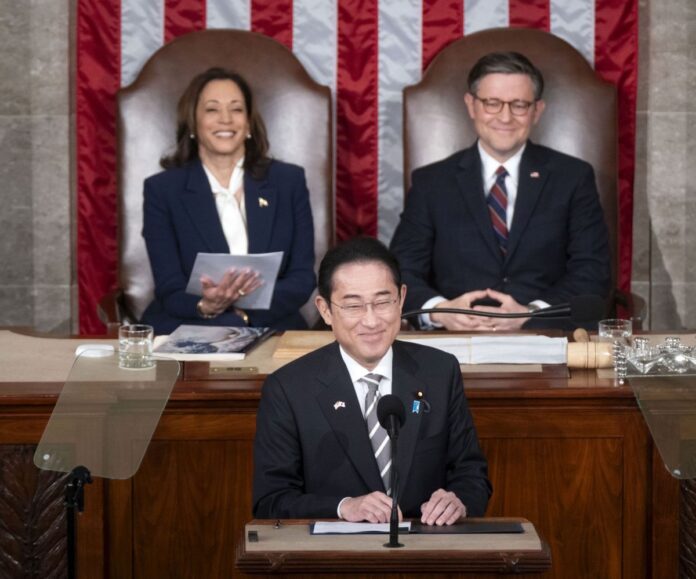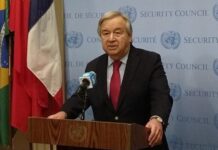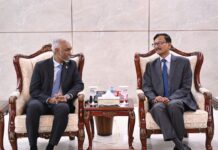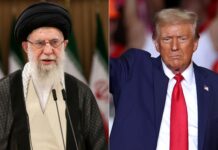WASHINGTON: On his maiden state visit to the US, Japanese Prime Minister Fumio Kishida addressed a joint meeting of Congress saying that the lawmakers in the US are suffering from “self-doubt” at a time when US leadership is most needed, The Hill reported on Friday.
“You believed that freedom is the oxygen of humanity. The world needs the United States to continue playing this pivotal role in the affairs of nations,” Kishida said.
“And yet, as we meet here today, I detect an undercurrent of self-doubt among some Americans about what your role in the world should be,” he added.
It was the first speech by a foreign leader presided over by House Speaker Mike Johnson (R-La.), who is overseeing a conference in chaos, with a small group of GOP lawmakers frequently blocking efforts to legislate based on their own criticisms, The Hill reported.
Kishida’s government has drawn a direct line between supporting Ukraine in its defensive war against Russia as essential to deterring China from launching aggression against Taiwan and triggering a war in East Asia.
“As I often say, Ukraine of today may be East Asia of tomorrow,” he said. At this line, while Harris and other members stood and applauded, Johnson remained seated.
Earlier in his speech, Kishida highlighted that China’s military actions present an unprecedented challenge to the peace and stability of the international community.
“China’s current external stance and military actions present an unprecedented and the greatest strategic challenge, not only to the peace and security of Japan, but to the peace and stability of the international community at large.”
Kishida’s plea spoke to a rare agreement on both sides of the aisle in Congress recognising China as the priority threat to the present, US-led global order.
The Hill reported that Kishida’s appeal was aimed directly at Republicans who view US engagement on the world stage as a trade-off to focusing on problems at home. (ANI)
Also Read: Taiwan welcomes visit from Japanese politicians amid heightened tensions with China







